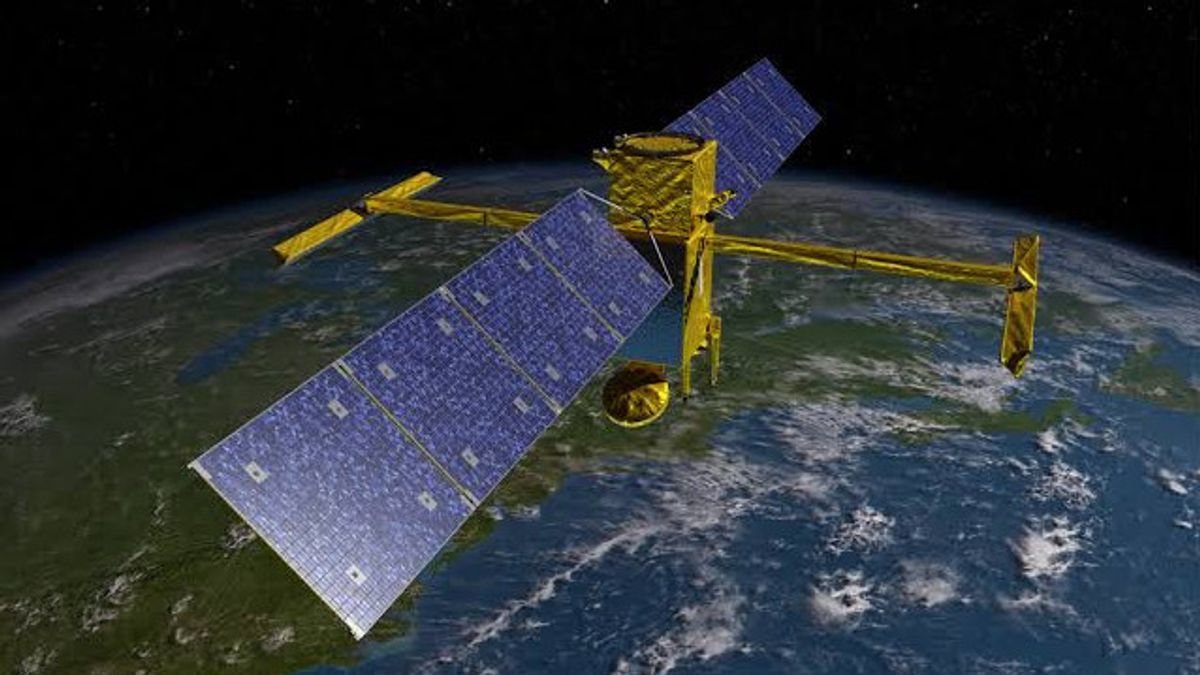JAKARTA - NASA has just launched its first mission to monitor clean water resources from space dubbed Surface Water and Ocean Topography (SWOT).
SWOT mission launched from Space Launch Complex 4E at Vandenberg Space Force Base in California, United States (US) on Friday, December 16, at 3:46 am PT.
The SWOT satellite was launched aboard the SpaceX rocket, Falcon 9. But what is NASA's goal of launching this mission?
The mission is not only to observe oceans but also clean water resources such as lakes and rivers, even including in remote locations, making it the first mission to monitor from space.
Moreover, SWOT can observe water depth in order to get a more complete picture of the location of water flows across the planet.
Understanding water flow around the world is important to understand the impacts of climate change and to monitor climate change more closely.
"The heated sea, extreme weather, more severe forest fires, these are just some of the consequences humanity faces as a result of climate change," NASA Administrator Bill Nelson said in a statement.
"Climate crisis requires a comprehensive approach, and SWOT is the realization of a long-term international partnership that will eventually equip the community better so that they can face these challenges," he added.
Launching Digital Trends, Monday, December 19, SWOT will be able to monitor freshwater resources at more than 90 percent on the earth's surface, covering the global region at least once every 21 days.
Using a radar-based instrument called the Ka-band radar interferometer, or KaRIN, SWOT can observe a large surface area at once.
Being able to observe most of the surface at higher resolutions allows for more accurate monitoring of freshwater resources.
"We really want to see SWOT in action. This satellite realizes how we improve life on Earth through science and technological innovation," said director of NASA's Earth Science Division, Karen St. Germain.
"The data that innovation will provide is very important to better understand how the Earth's air, water and ecosystem interacts, as well as how humans can develop on our changing planet," he added.
The English, Chinese, Japanese, Arabic, and French versions are automatically generated by the AI. So there may still be inaccuracies in translating, please always see Indonesian as our main language. (system supported by DigitalSiber.id)







